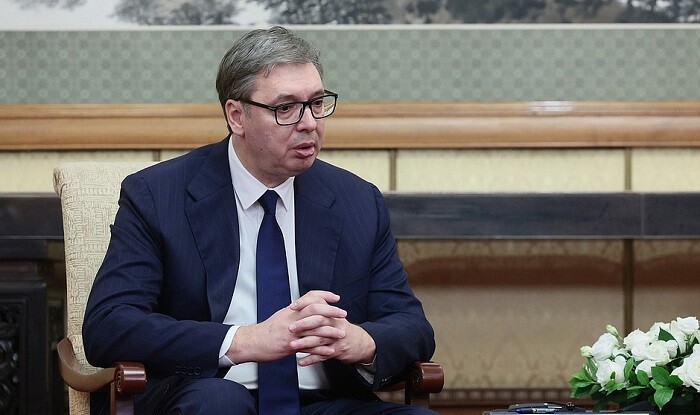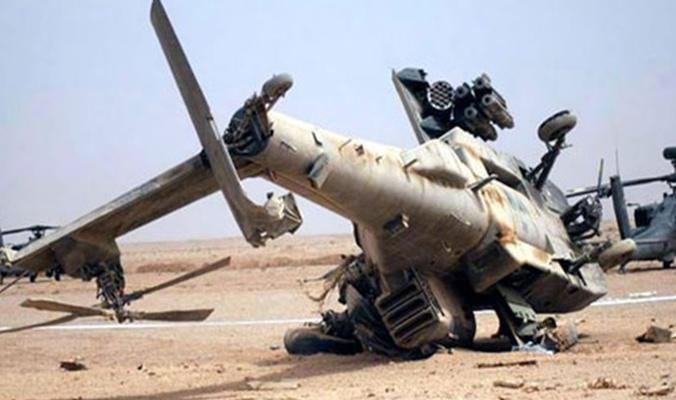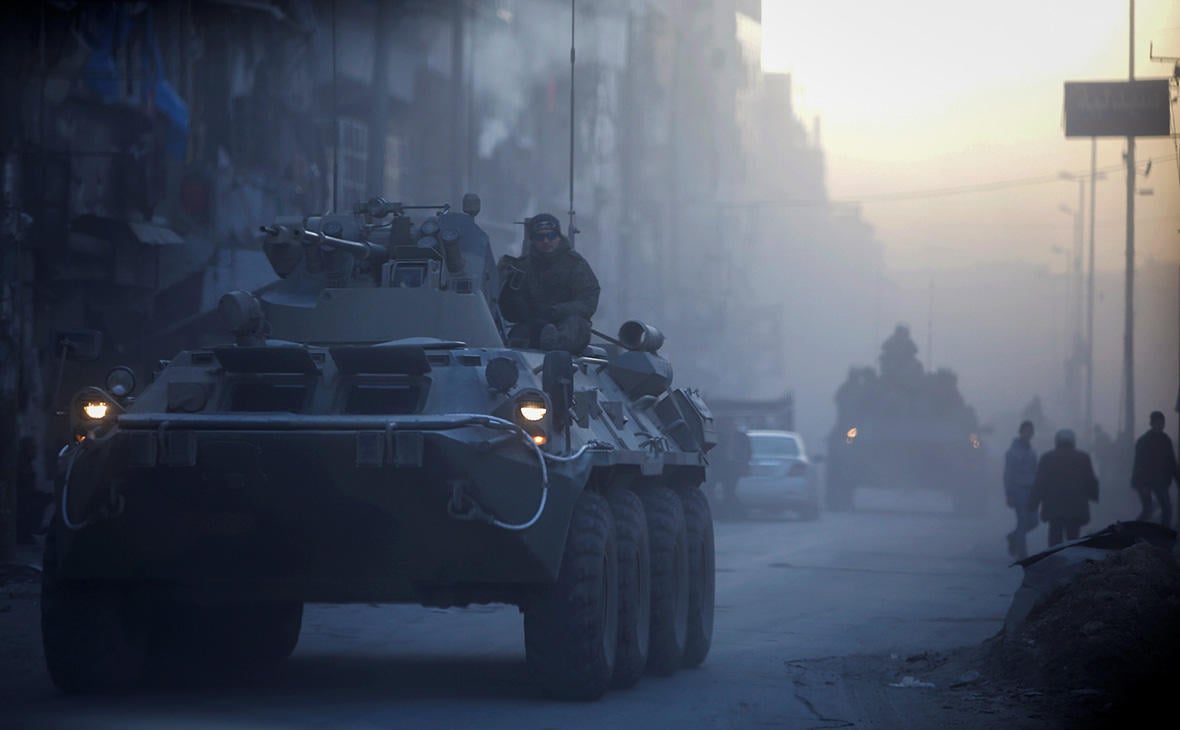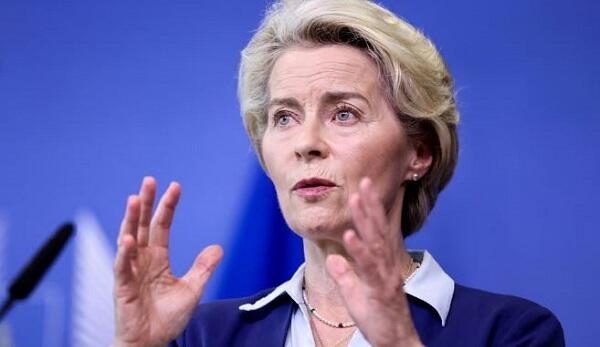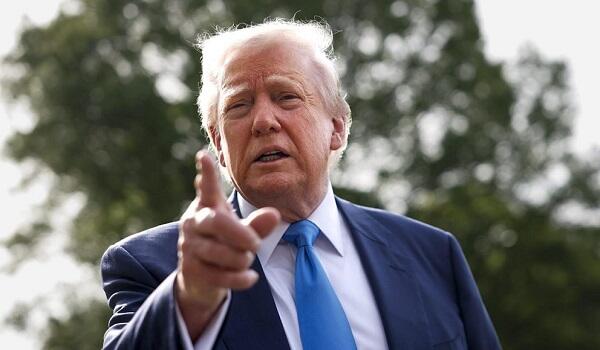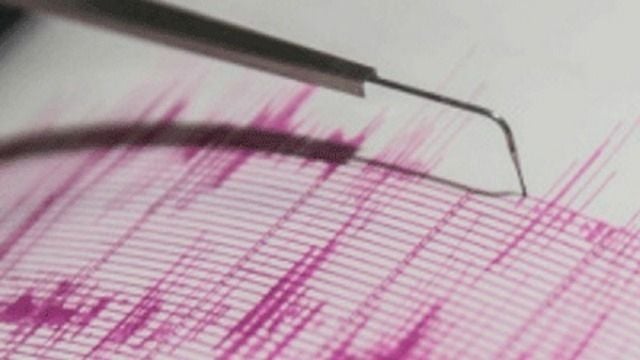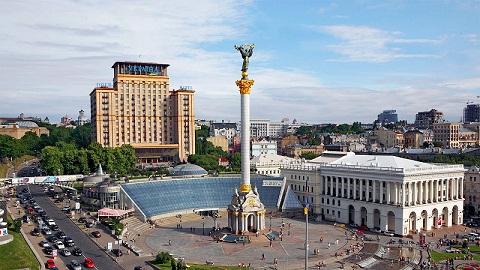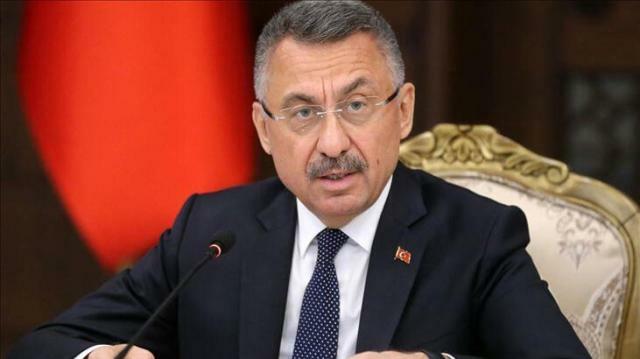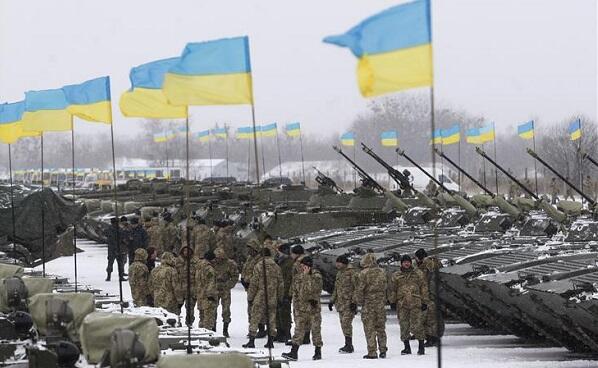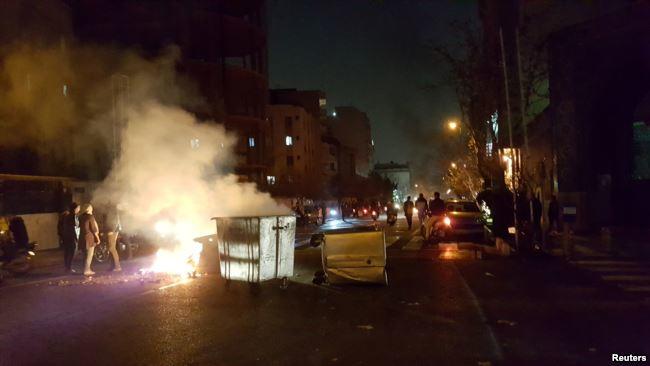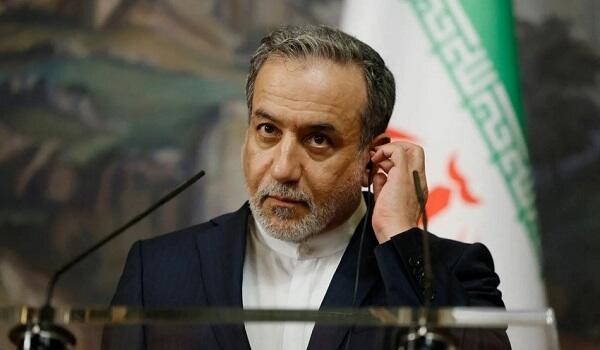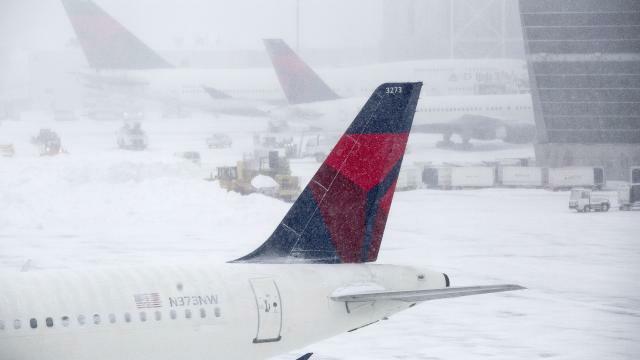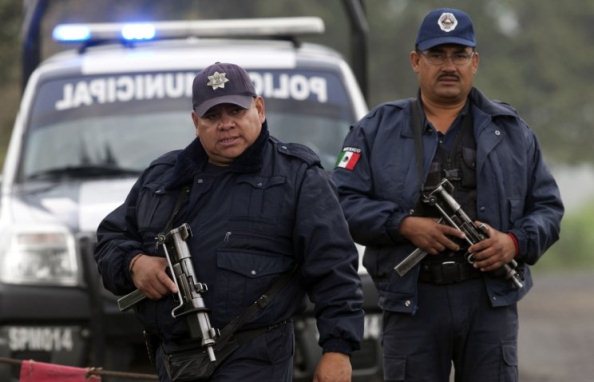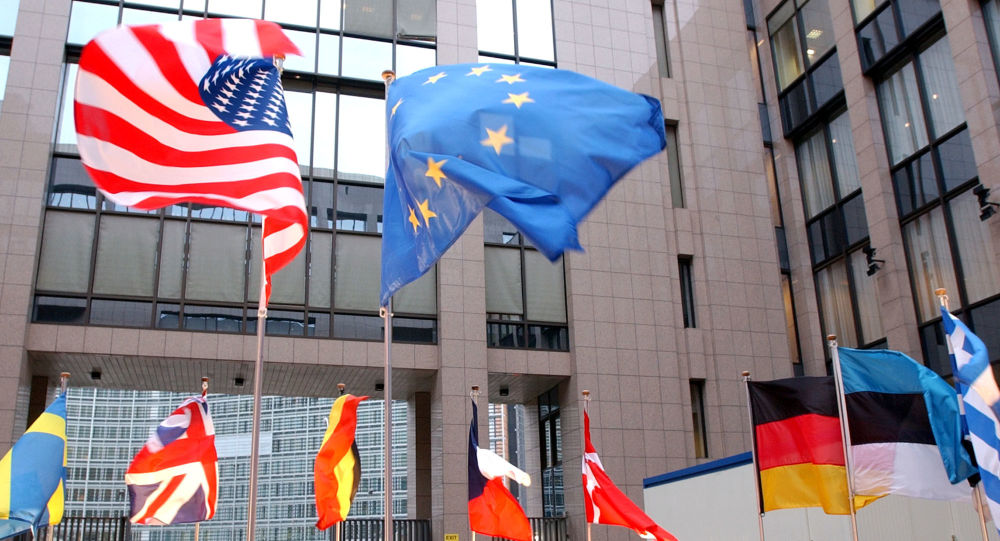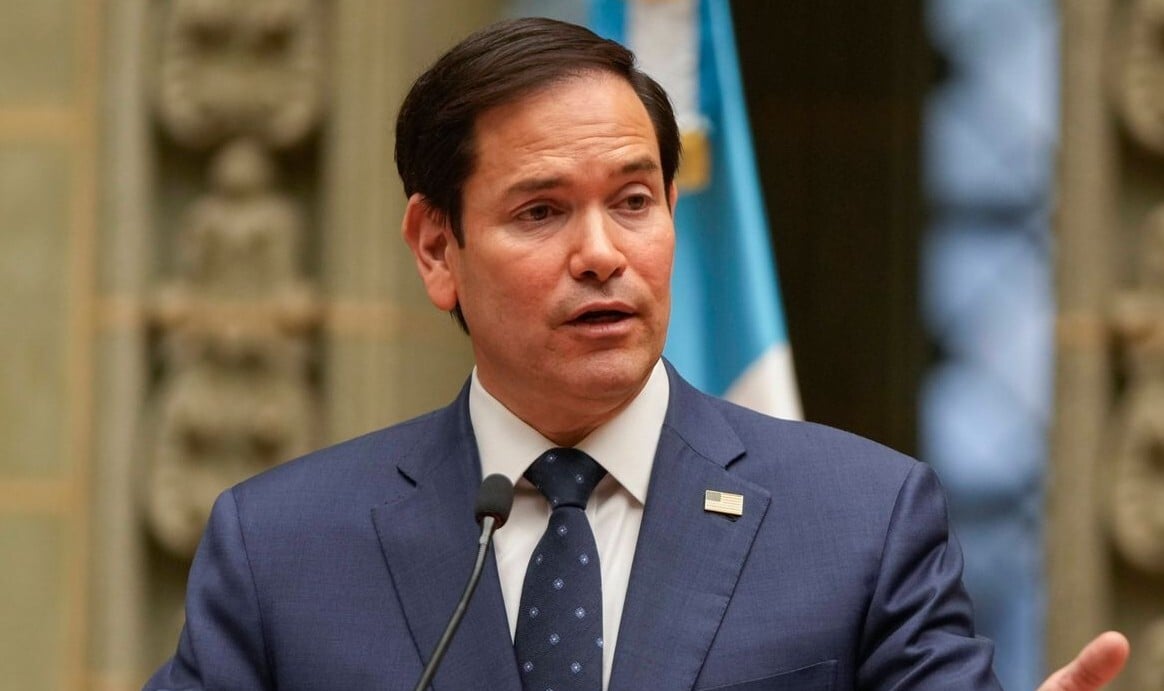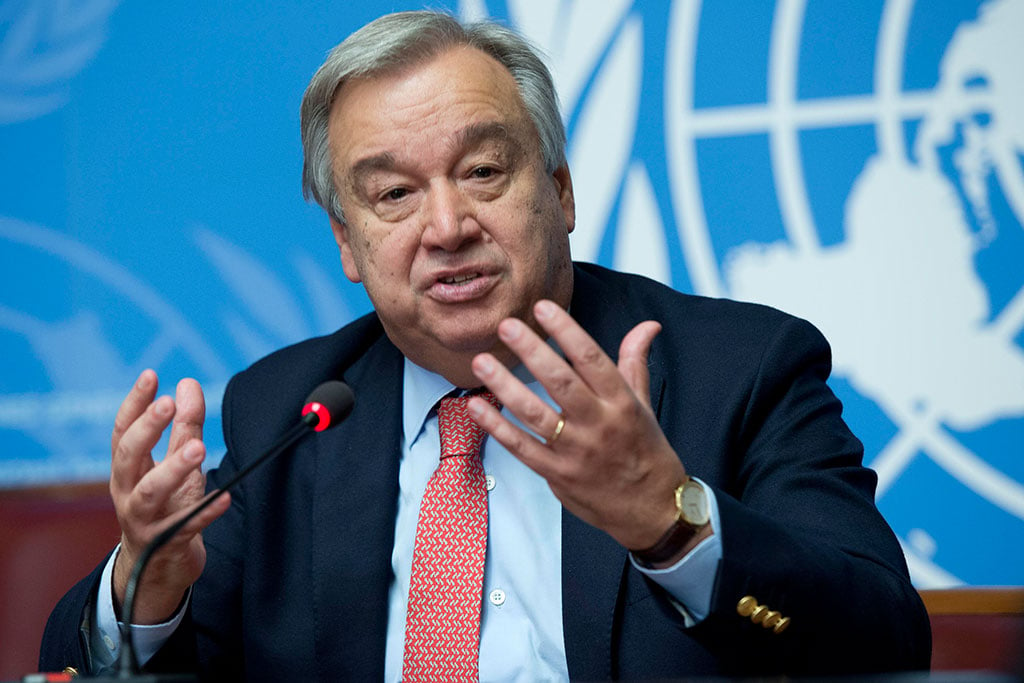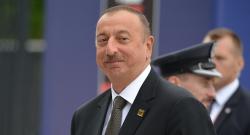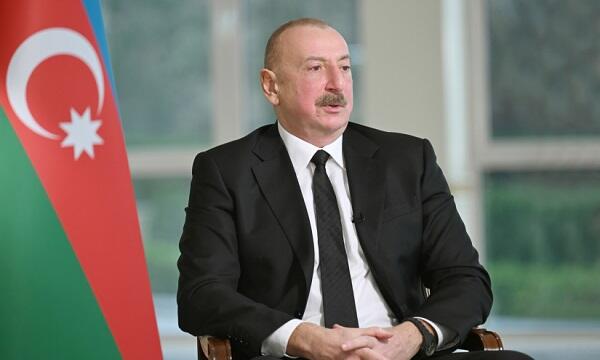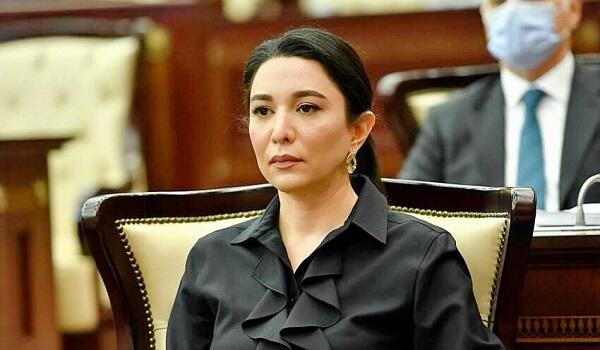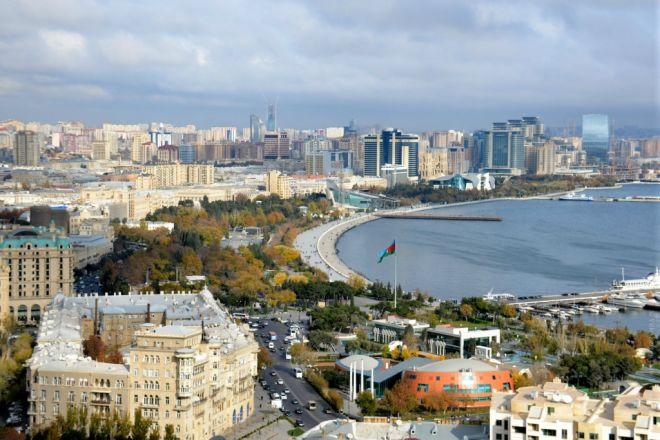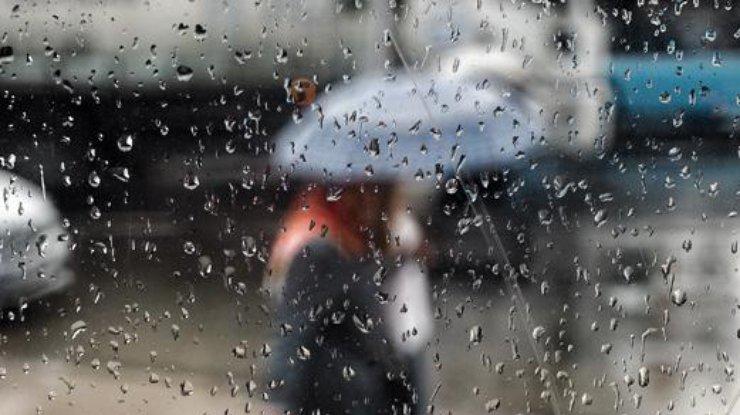The recent demands of the President of Azerbaijan from Russia shows Moscow’s waning influence over former Soviet territories.
Axar.az reports that this information was published by the Wall Street Journal.
"Azerbaijan’s president accused Russia of trying to cover up its role in a plane crash that killed 38 people, delivering a harsh condemnation that signaled a reversal of the power dynamics that long saw Moscow hold sway over its former Soviet republics," the newspaper stated.
The newspaper writes that the recriminations represent one of the biggest confrontations between Russia and the leaders in former Soviet territories whom it once treated as little more than subordinates in its strategic backyard. The dispute illustrates Moscow’s waning power and influence in the region after its invasion of Ukraine.
Aliyev’s remarks on Sunday lacked the deference and diplomacy that have long governed Azerbaijan’s relations with Russia. He said that the crash was caused by Russian electronic interference and fire from the ground and that Russian authorities’ explanations—which faulted a flock of birds and an exploding gas cylinder—were “foolish and dishonest.”
While Western leaders have long taken a more confrontational approach with Moscow, countries closer—and more vulnerable—to Russia have followed a pragmatic approach to the Kremlin, trying to build ties with other regional and global powers without angering Moscow. The furor in Azerbaijan over the crash lays bare Russia’s diminished influence in swaths of its former empire and beyond in the wake of its war in Ukraine.
The newspaper notes that Russia had long held the upper hand as a result of historical ties, Moscow’s former role as the world’s second-largest arms exporter, and the countries’ shared energy and transport infrastructure. Moscow even tried to build defense alliances and economic partnerships out of the ashes of the Soviet Union.
“Putin is losing the relics of soft power that he once was able to use on his CIS partners—and all because of his ‘special operation’ (the Ukraine War),” said Andrei Kolesnikov, a political analyst based in Moscow.
The Wall Street Journal also mentions that Russia had long played its former Soviet republics against one another in an attempt to maintain leverage over various countries at once.
This strategy failed completely after Azerbaijan’s operation in Nagorno-Karabakh last year. Russian peacekeepers were unable to prevent this. Analysts say their inaction was partly because of the limits of Moscow’s ability to intervene as well as the Kremlin’s conscious decision to punish Armenia for its increasingly pro-Western stance.
With its relations with Armenia in tatters and its future with Azerbaijan in question, Moscow is under threat of losing more of its influence in the South Caucasus. In neighboring Georgia, people have protested on the streets of Tbilisi over what they say is their government’s growing proximity to Russia.
More than anything, the increasing power of Turkiye in the region has unbalanced the status quo. That goes especially for Azerbaijan, which shares with the country ethnic, linguistic and historical ties.



